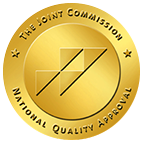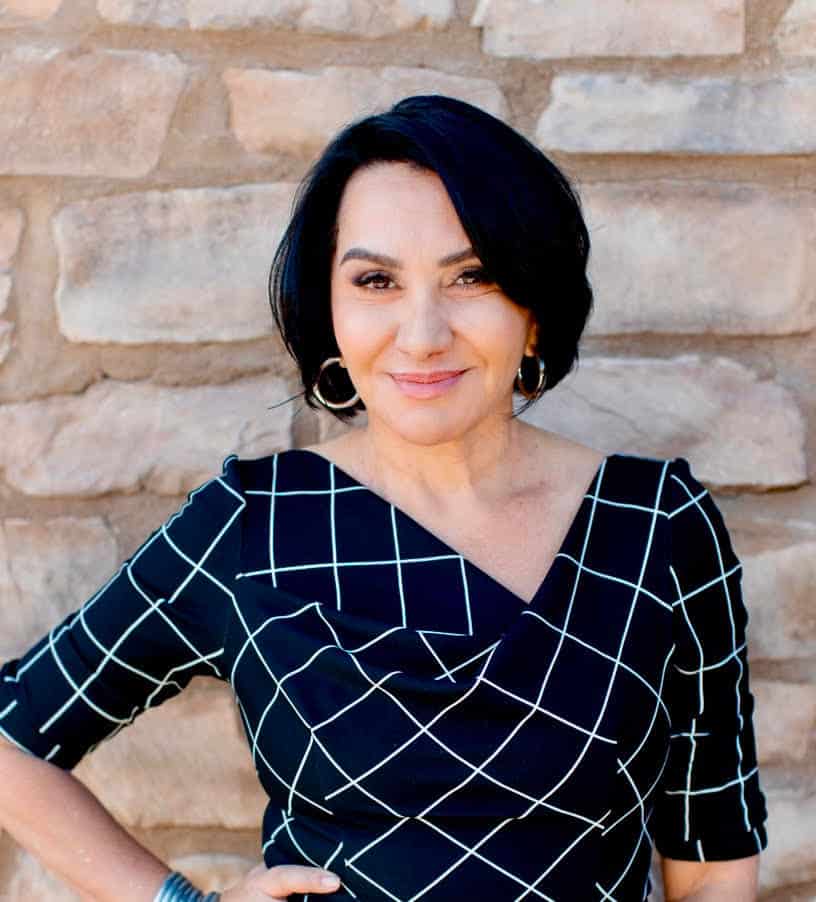
LGBTQ+ Rehab: Specialized Addiction Treatment for the LGBTQ+ Community
Specialized addiction treatment programs for the Lesbian, Gay, Bisexual, and Transgender LGBTQ+ community have evolved over the years as an increasing number of individuals are revealing their sexual orientation and gender identity. Thanks to greater awareness and widespread access to information, LGBT individuals and their families have resources to learn more about each other, and informed practitioners are changing the way they approach substance abuse treatment with individual counseling, family education, and client-centered treatment plans.
The movement to remove stigma and discrimination related to LGBTQ+ populations has helped more individuals to come out and identify as lesbian, gay, bisexual, or transgender, but since federally funded surveys have only recently begun to include information about the sexual orientation and gender identification of survey participants, little is known about the long-term trends of substance abuse in LGBTQ populations. To date, the most recent data we have comes from the 2015 National Survey on Drug Use and Health administered by the Substance Abuse and Behavioral Health Administration (SAMHSA). Results from the national survey show that sexual minorities are more likely to have a mental illness (AMI), a serious mental illness (SMI), and a major depressive episode (MDE) than their sexual majority counterparts.
Family Acceptance in LGBTQ+ Friendly Addiction Treatment
A major component of New Method Wellness’s LGBTQ+ rehab program is including family members in their family group therapy. Historically, research has shown that the first source of stigma stems from parents and caregivers in the way they respond to loved ones who identify as gay, lesbian, bisexual, or transgender.
In addition to providing individual counseling and peer support to clients, New Method Wellness intentionally makes an effort to include the family because of their role in a person’s health and well-being. The double stigma of addiction plus identification as LGBT individuals puts sexual minorities at significantly higher risks for substance use disorders and co-occurring disorders than their non-LGBT peers.
Our culturally competent addiction therapists help strengthen family ties between clients and their loved ones through LGBT resources and ongoing support throughout the treatment program.
Understanding Terms of Sexual Orientation and Gender Identity
Why is it important to be familiar with terms related to the LGBTQ+ community? Terms and definitions are highly personal to those who identify as a sexual minority; familiarizing oneself with them will show sensitivity and acceptance while diminishing the risk of unintentional microaggressions.
GENDER IDENTITY
This is the gender one identifies with internally, regardless of the biological identity assigned at birth.
GENDER EXPRESSION
This refers to the gender that is expressed externally (e.g., through clothing, body movements, and choice of activities). Gender expression may or may not be consistent with gender identity.
SEXUAL ORIENTATION
Completely different from gender identity and gender expression, sexual orientation refers to one’s emotional, sexual, and relational attraction to another person. An individual identifies his or her sexual orientation as being heterosexual, bisexual, or homosexual (lesbian or gay).
TRANSGENDER
An adjective used most often as an umbrella term, and frequently abbreviated to “trans.” This adjective describes a wide range of identities and experiences of people whose gender identity and/or expression differs from conventional expectations based on their assigned sex at birth. Not all trans people undergo a medical transition (surgery or hormones). Some commonly held definitions:
- Someone whose determination of their sex and/or gender is not validated by dominant societal expectations; someone whose behavior or expression does not “match” their assigned sex according to society.
- A gender outside of the man/woman binary.
- Having no gender or multiple genders.
CISGENDER
This is a gender identity that matches the sex assigned at birth.
GENDERQUEER
Individuals who identify as genderqueer feel that their gender identity and/or expression cannot be solely expressed as male or female.
Societal Factors Influencing Addiction Treatment for the LGBTQ+ Community
In our present society, sexual minorities have a greater need for substance abuse treatment, but they are less likely to seek recovery unless they can find a specialty facility such as New Method Wellness that delivers culturally sensitive, research-based dual diagnosis treatment for members of the LGBTQ+ community. Heterosexist attitudes may be present in addiction counselors who are uninformed about LGBTQ+ issues, which create cultural barriers in dual diagnosis treatment. Only in recent years have researchers begun to increase their awareness of the health care needs of this population.
Effective, Evidence-Based Addiction Treatment for the LGBTQ+ Community
New Method Wellness transcends cultural barriers with successful interventions and dual diagnosis treatments specific to the needs of the LGBTQ+ community. Our welcoming, open environment invites clients to enter a non-discriminatory treatment program that utilizes evidence-based clinical and holistic methods to treat addiction and co-occurring disorders such as post-traumatic stress disorder (PTSD), suicidal ideation, generalized anxiety disorder, and major depression. Physical and health issues that are unique to the LGBTQ+ community include compulsive sexual behavior, HIV-related anxiety, sexual abuse or assault, and sexual dysfunction. Our culturally competent addiction psychologists help clients address the effects of societal marginalization, which poses additional obstacles for clients seeking treatment, such as the following:
- Fear of shame and discrimination regarding sexual identity
- Fear of social alienation
- Negative self-view resulting from cultural attitudes about sexual orientation
Our clients have ample resources for an effective treatment that addresses their individual needs. To learn more about our LGBTQ+ rehab center, call (866) 951-1824 today!
LGBTQ+ Rehab: Related Topics
Clinically Reviewed By:
Deanna J. Crosby, M.A., LMFT, LAADC, Psy.D. (C)
Deanna Crosby is a Licensed Marriage and Family Therapist (LMFT) with over 20 years of experience working with clients in recovery. Her expertise has catapulted her into the spotlight. Featured on several episodes of the Dr. Phil Show as a behavioral health expert, DeAnna is a routine contributor for NBC News, The Huffington Post, Elle Magazine, MSN, Fox News, Yahoo, Glamour, Today, and several other prominent media outlets.
After receiving her bachelor’s degree from the University of California in Irvine, Crosby did postgraduate work at Centaur University where she graduated at the top of her class with a CAADAC certification in Centaur’s chemical dependency program. Following her time at Centaur, Crosby received her Master of Counseling Psychology degree from Pacifica Graduate Institute, where she also attained a Doctoral Degree in Depth Psychology.
TAKE THE FIRST STEP
From all of us at New Method Wellness co-occurring treatment center, we wish you peace and serenity in knowing that you or your loved one will get the necessary help.
ACCREDITED BY:


